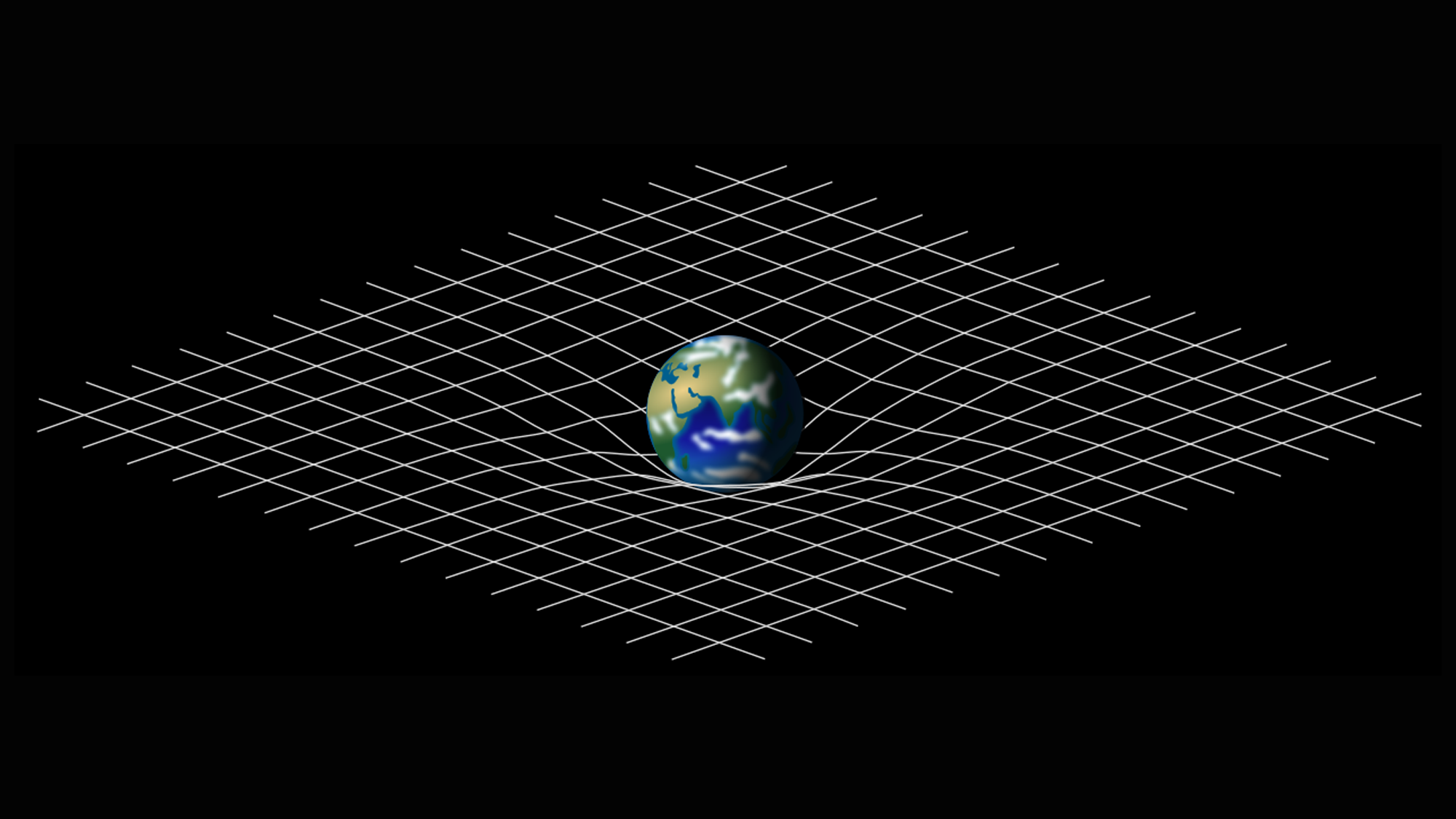What’s the point of useless facts or rhetorical questions? Don’t we just learn things in school or university that have applications? Isn’t that the norm? Well, there’s usefulness to useless knowledge. Baffled?
Let’s roll back into history!

Representation of the Earth affecting the curvature of the Space-Time graph from Wikimedia
Still not convinced? How about the case of Riemannian geometry? The what? Why don’t you ask your GPS then! Allow me to elaborate: Riemannian geometry was created by the legendary mathematician Bernhard Riemann who started with the question, “What kind of geometry would you have if lines that are parallel can meet sometimes?” He was curious so he worked all of the details and it was it’s own branch of mathematics. Almost 40 years later, Einstein stumbled upon it, only to realize that it was a crucial part of describing nature. It then grew to become the language to talk about “General relativity”, the current framework we have to describe gravity. Which we use for mundane things like correcting the course of communication satellites so that you can now read this article!
Conclusion
Imagination and creativity are what have paved the way to discoveries which in turn have led to “useful” things. “Useless knowledge” paves the road out for the long run. In fact, anthropologists suggest that our ability to construct and believe in these “fictions” may have been our “thriving factor” when compared to other species. So, as learners, let us avoid discriminating between the two and like me, you will be surprised to see a whole new world open up before you. The pursuit of so-called ‘useless knowledge could well be the gateway to ideas with great value. I’ll sum up by recalling two anecdotes from the life of Michael Faraday:
“One day, Sir, you may tax it”
“What good is a newborn baby?”
